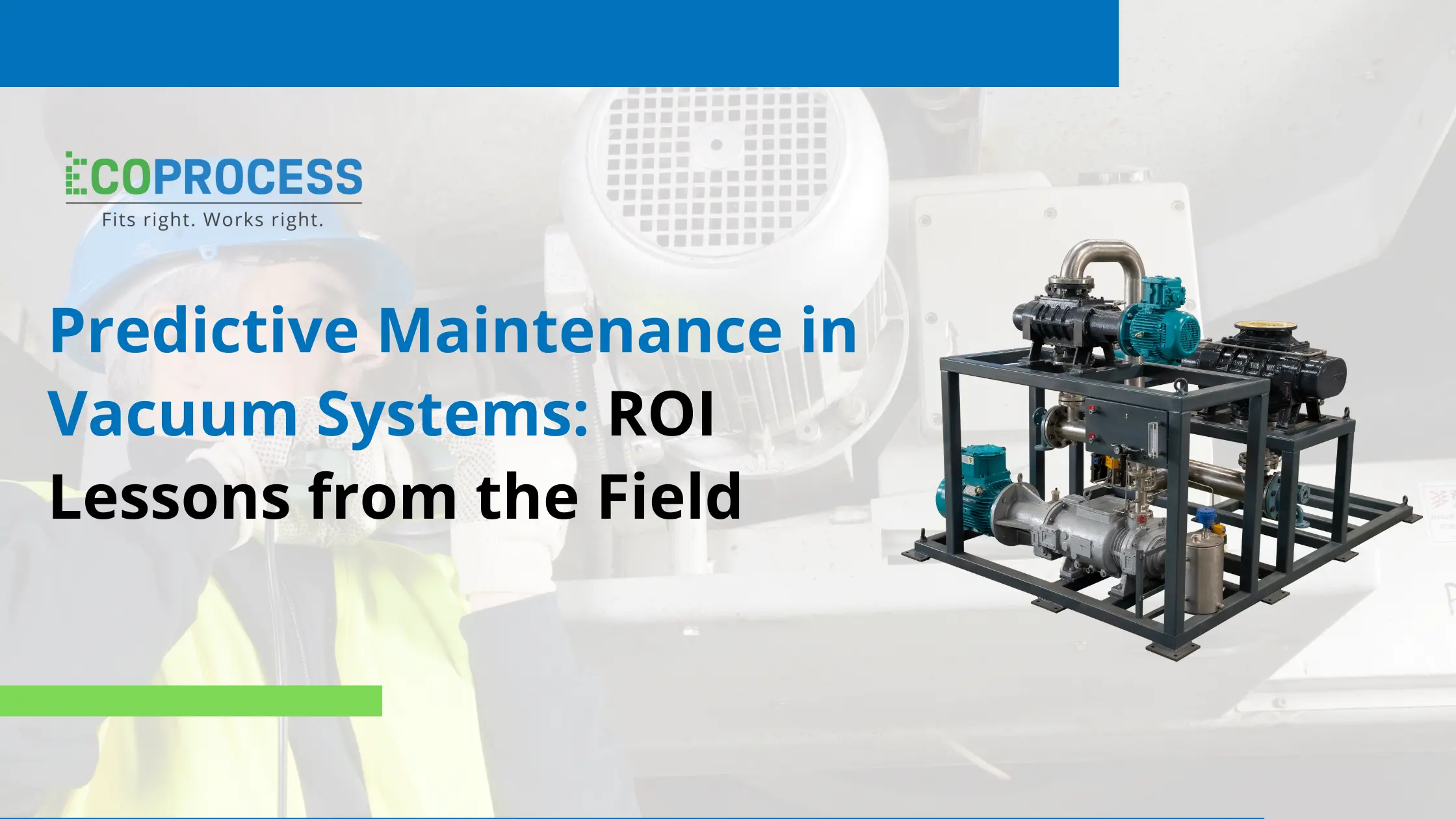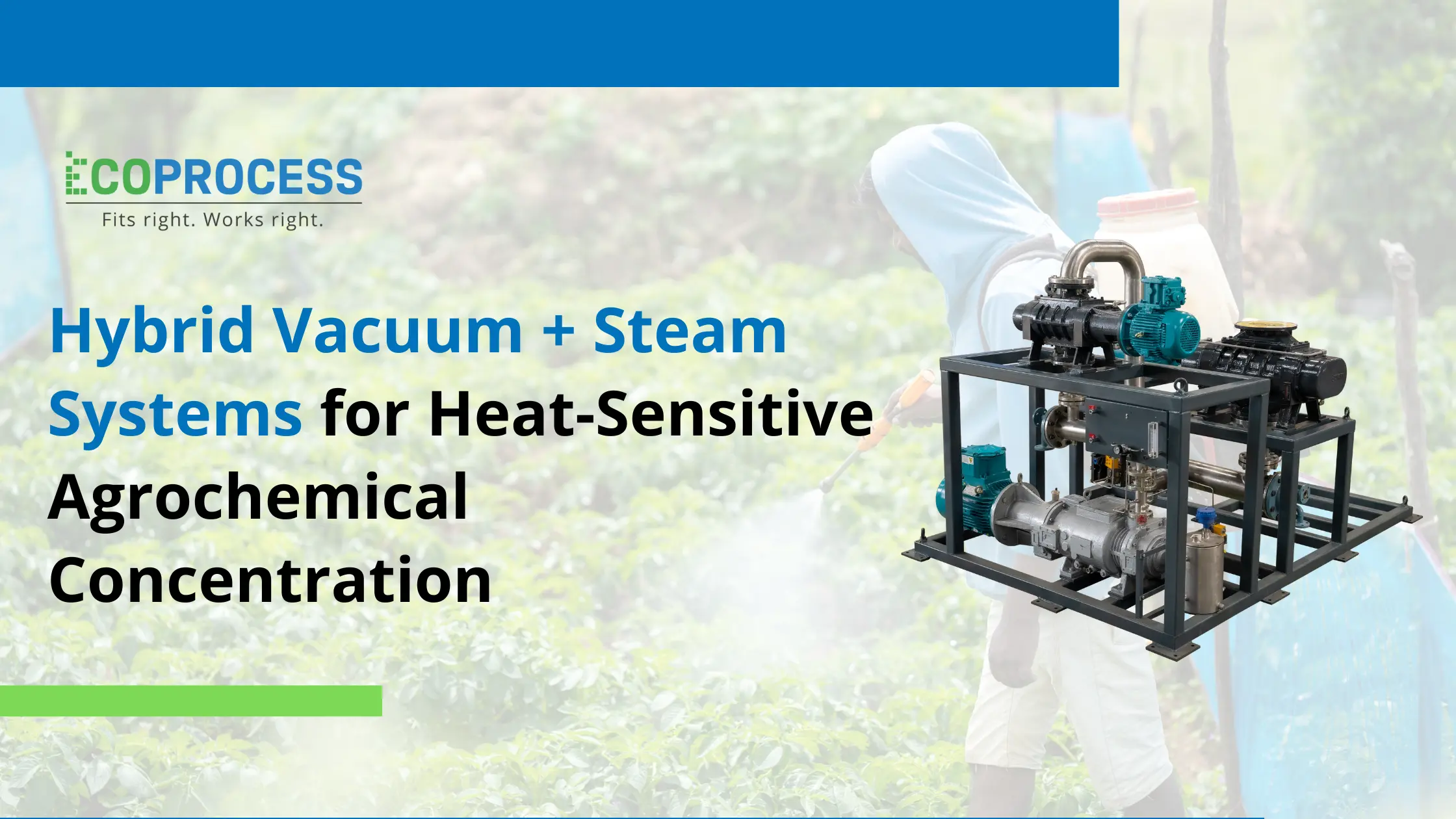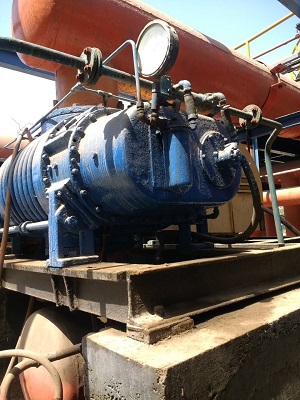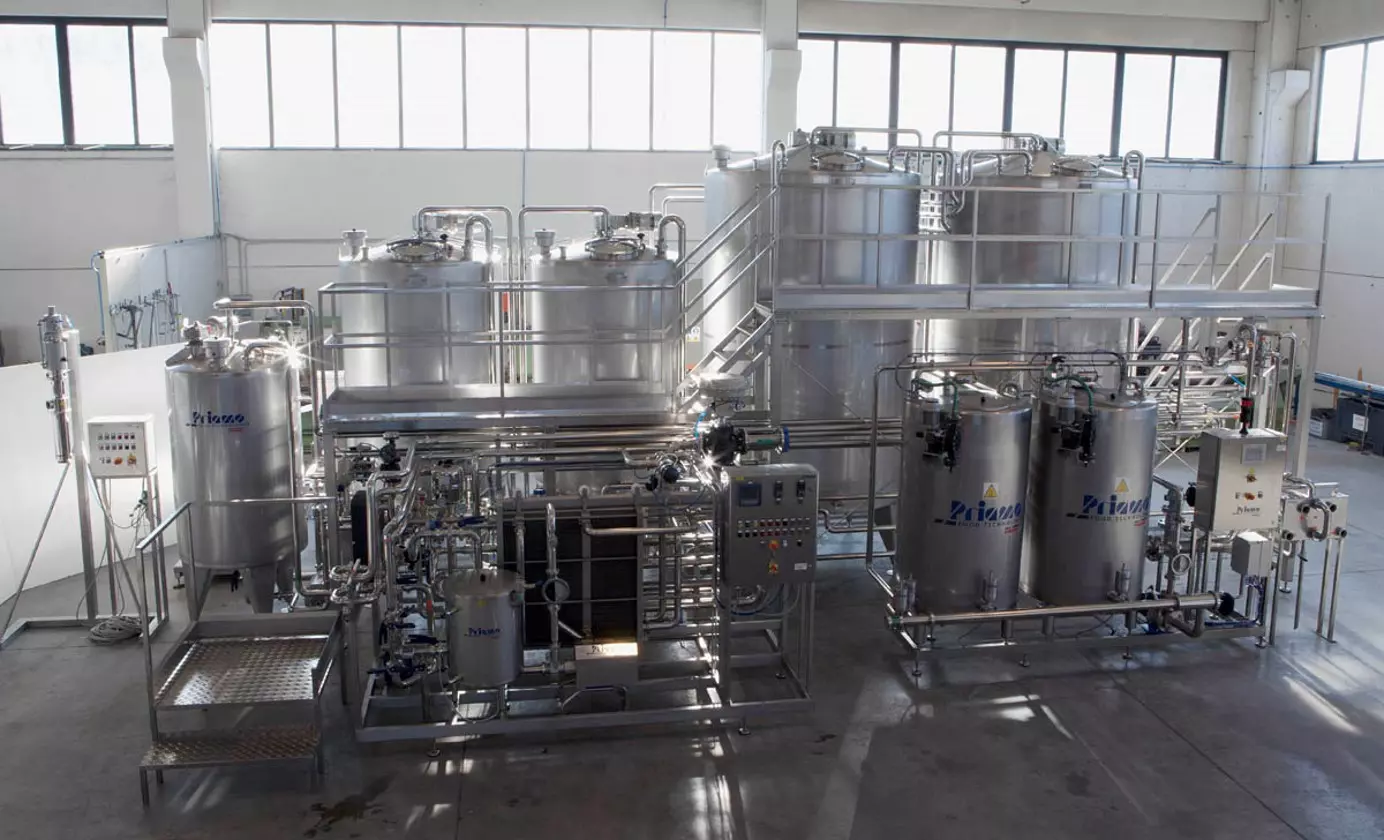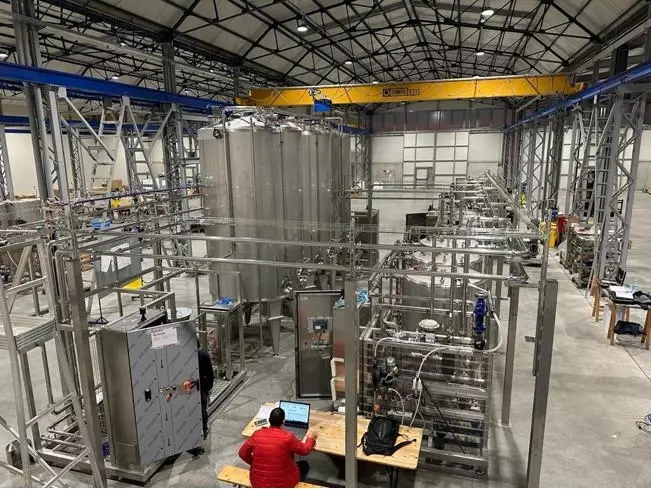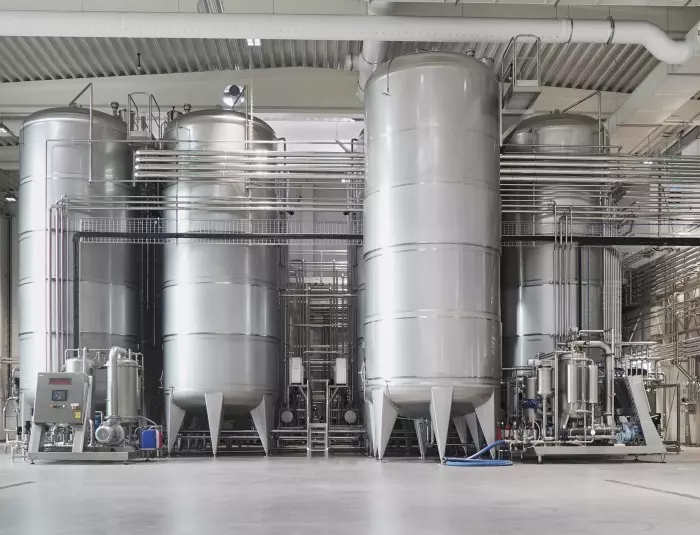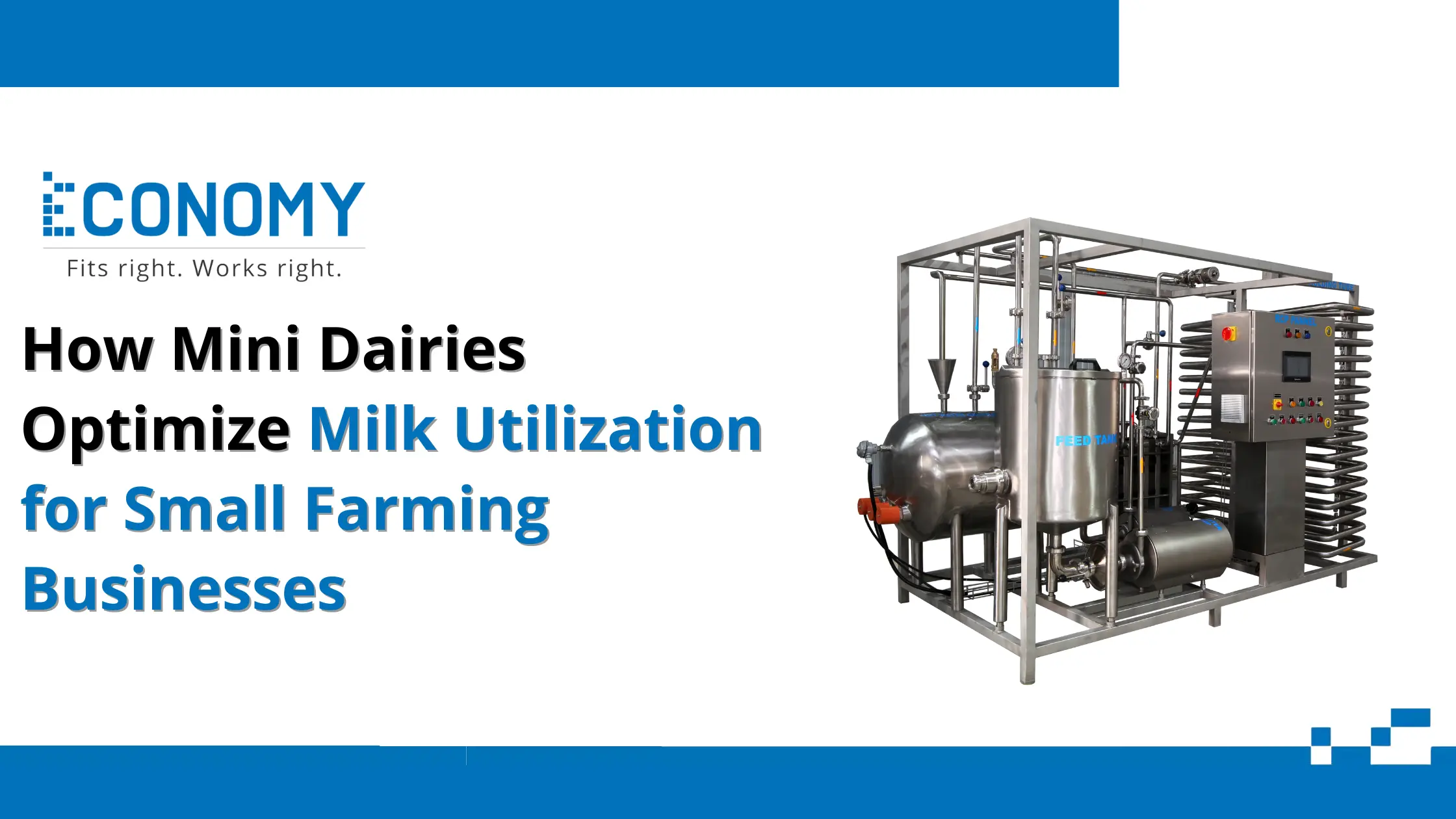
How Mini Dairies Optimize Milk Utilization for Small Farming Businesses
With a global shift towards sustainable and local food options, this decision has provoked many entrepreneurs to start small-scale dairy farming. Moreover, the the success of these small businesses depends on brilliant milk utilization. This is where mini dairies are crucial. In this article, we highlight how mini-dairies optimize milk utilization for small farming businesses.
Understanding Mini Dairies:
Mini dairies represent compact processing systems developed for small-scale milk production businesses. These compact, efficient, and low-cost mini dairy systems have been designed for all forms of small-scale dairy production. The scope of equipment covers the complete range from pasteurizers to cheese vats and milk storage tanks.
Ease of operation, flexibility, and remote control are the major advantages to these mini dairy systems. Mini dairy systems are user-friendly, and farmers could easily operate and maintain them. They have great flexibility, allowing farmers with the option of producing a range of dairy products, from butter, mixed dairy products, and even ice cream.
The benefits given by mini dairy systems to small-scale dairy production are many. They allow Milk producers the opportunity to process their milk on farm, thus reducing transport costs and increasing the quality of their produce. The dairy mini systems also confer advantages by enabling producers to add value to milk products, which can be sold directly to the consumers.
The Importance of Milk Utilization in Small Farming Businesses:
Small farmer businesses are mostly dependent on milk; hence it supports the sustainability and profitability of the farm. This would involve maximization of the yield and minimum wastage of milk. The role of mini-dairies in this process cannot be overstated; farmers can successfully and efficiently process their own milk.
The last aspect of milk utilization is value addition to dairy products. From the farms themselves, mini-dairies produce a range of dairy products such as cheese, yogurt, butter, and ice cream; these generate income through direct sales to consumers.
Key Components of Mini Dairies:
The basic functions performed in mini dairies are the use of steam generators, mini coagulation vats, and curd collection trolleys. Steam is used to heat the milk to the temperatures required for mass coagulation. The curd collection trolleys are used to scoop up the curd and transfer it to a cheese vat.
Milk/whey pumps are also essential components of mini dairies. These are employed for pumping milk and whey between different equipment effectively and hygienically.
Advantages of Mini Dairies for Small Farming Businesses:
While mini-dairy has many advantages for small-scaled farming enterprises, there are some surprises here. Because it is cost-effective, it gives farmers the ability to process their milk on-site at almost no extra cost. The mini milk processing plants are also very flexible since they allow a farmer to produce a number of dairy products.
Some other major advantages are the mini dairies facilitate their incorporation in a small farm. These systems are also economically designed to be compact and efficient, allowing farmers to easily upgrade their existing operations.
Applications of Mini Dairies:
Mini dairies find application in a variety of small-scale dairy production. They are most appropriate for cheese making, allowing farmers to produce different types and styles of cheese. Other value-added dairy products, such as ricotta, may as well be manufactured in mini dairies
Mini dairies can still be employed for milk pasteurization in addition to cheese-making. They allow farmers to pasteurize their milk on the farm, allowing them to retain high quality and safety.
How do mini dairies contribute to sustainability?
The mini-dairies that help in enhancing sustainability in small dairy farms allow farmers to process their milk on-site and reduce transportation costs and carbon emissions by curtailing the distance travelled. With their small structure and smart operability, they require lesser energy input to operate.
Case Studies: Success Stories from Small Farming Businesses
Here is one recent case studies from India (post-2015) of small farming businesses that have successfully implemented mini dairy systems:
Case Study : Amrutha Dairy Farm, Karnataka, India.
Amrutha Dairy Farm is the only small family owned dairy in the state of Karnataka, India. It has around 20 cows and produces almost 400 liters of milk every day on average.
After thinking for so many years, the owner Mr. Suresh, in 2018, took a decision to evolve the mini-dairy system for the production of yogurt and cheese. Such a system came complete with a pasteurizer, cheese vat, and yogurt incubator.
This mini-dairy system produces cheese, yogurt, and butter from Amrutha. Producing directly for the public is largely a process, the Amrutha's products reach various local supermarkets and restaurants.
The establishment of the mini dairy system has remarkably influenced farm profitability. This was observed in the first year, with revenues growing by about 25% and, in subsequent years, continuing growth in dairy product sales.
These case studies illustrate the great potential for mini dairy systems to change smallholders in India and make them far more profitable.
Choice of Mini-Dairy for Your Business:
There are numerous key factors that one should pay attention to while choosing a mini dairy for their business: the type and amount of milk that you will produce and pertaining to your specific dairy product needs. The cost of the system and the flexibility of scaling are also important things to consider.
Conclusion:
The small dairies extend a hand towards the optimization of milk utilization by small farmers. Such facilities allow the farmer to deliver dairy products from their farms with comparatively higher added value and larger profits. The advantages of, and the possibilities for using mini dairies are enormous; mini dairies are indispensable to establishing a sustainable and profitable model for small-scale milk production.
